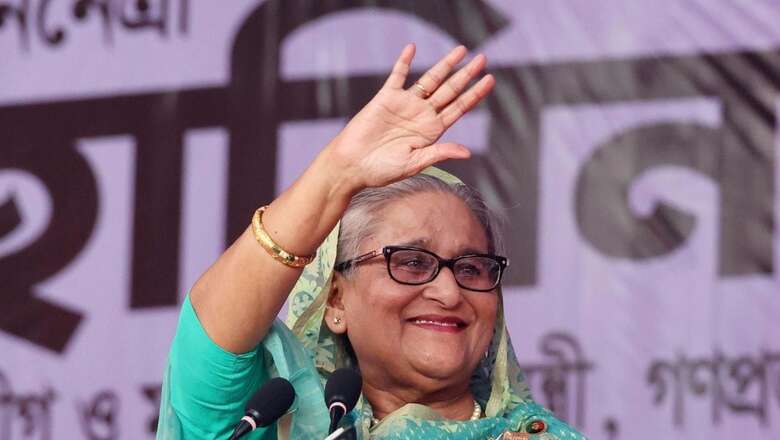
views
Bangladesh’s main opposition party called for general strikes on the weekend of the country’s parliamentary election, urging voters to join its boycott. This year, ballot stations are opening amid an increasingly polarised political culture led by two powerful women; current Prime Minister Sheikh Hasina and opposition leader and former premier Khaleda Zia.
Campaigning stopped at 8 am on Friday. The Election Commission announced polling will be held in 299 constituencies out of 300 on Sunday. As per the law, election in one constituency was postponed after an independent candidate died of natural causes.
The Nationalist Party, headed by Zia, and other opposition parties are boycotting the election, saying there is no guarantee it will be free, fair and inclusive under Hasina’s administration. Ruhul Kabir Rizvi, a senior joint secretary general in Zia’s party, urged people not to vote on Sunday while calling for strikes.
“The 48-hour hartal (general strike) will begin at 6 am on Saturday and end at 6 am on Monday,” he said on Thursday night (January 4) during his daily online press briefing.
On Friday morning, Rizvi led more than 100 opposition leaders and activists, holding sticks, marched in the capital’s Karwan Bazar area while chanting anti-government slogans. “People will not accept this illegal election. People will not accept this election of looters,” Rizvi said during the march.
Also on Friday, a group of about 100 left-leaning political activists strode near Dhaka’s National Press Club, demanding the government halt a “farcical election”. The opposition had repeatedly demanded Hasina’s resignation and for a non-party caretaker government to oversee the election. The current administration said the country’s constitution didn’t allow that.
Hasina addressed the nation in a last televised campaign speech, urging people to head to the ballot stations. “If I have made any mistakes along the way, I ask your forgiveness. If I can form the government again, I will get a chance to correct the mistakes. Give me an opportunity to serve you by voting for boat in the January 7 election,” she said. The boat is the election symbol of Hasina’s ruling Awami League party.
Earlier on Thursday (January 4), Hasina, addressing a huge campaign rally at Fatullah near Dhaka, urged all to maintain peace across the country. Violence marred the campaigns that started on December 18, leaving at least three people dead and others injured.
Bangladesh has a history of violence during elections and this year the country’s election is drawing international attention. Chief election commissioner Kazi Habibul Awal in a closed-door meeting briefed foreign envoys and chiefs of development agencies, including the United Nations, based in Dhaka about electoral preparations. Local media reported that some diplomats asked about how potential violence will be dealt with.
The UN Secretary-General’s associate spokeswoman Florencia Soto Nino in New York said Wednesday: “We’re watching the process closely, and we hope that all elections happen in a transparent and organised manner. That’s all we have for now.”
Critics have accused Hasina of systemically suffocating the opposition by implementing repressive security measures. Zia’s party claimed that more than 20,000 opposition supporters have been arrested. The government said those figures were inflated and denied arrests were made due to political leanings, but rather for criminal charges such as arson and vandalism.
Nearly 1.6 million people — half of them security personnel — will oversee the election where 119.1 million registered voters are eligible to vote in more than 42,000 polling stations, the commission said. Troops have also been deployed across the country to assist when needed under the supervision of magistrates, a common practice in Bangladesh during general elections.
The Election Commission said about 300 foreign observers, more than 70 of them are foreign journalists have been authorised to monitor and cover the election.











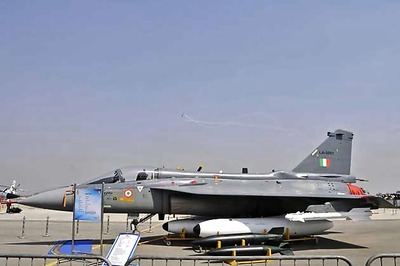

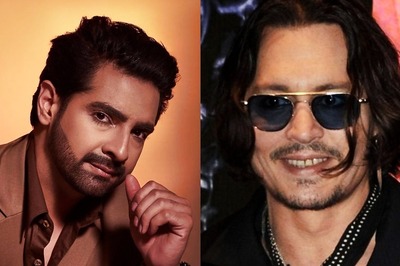
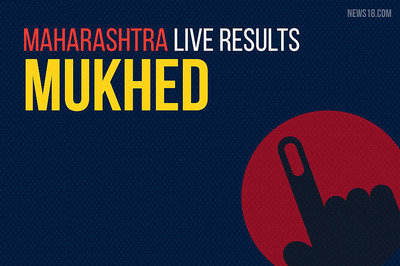

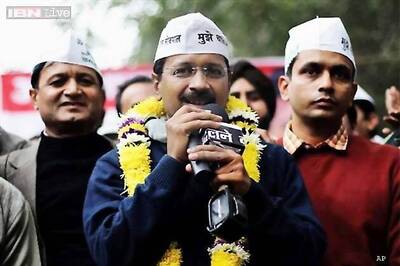

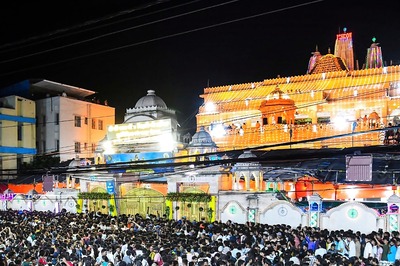
Comments
0 comment